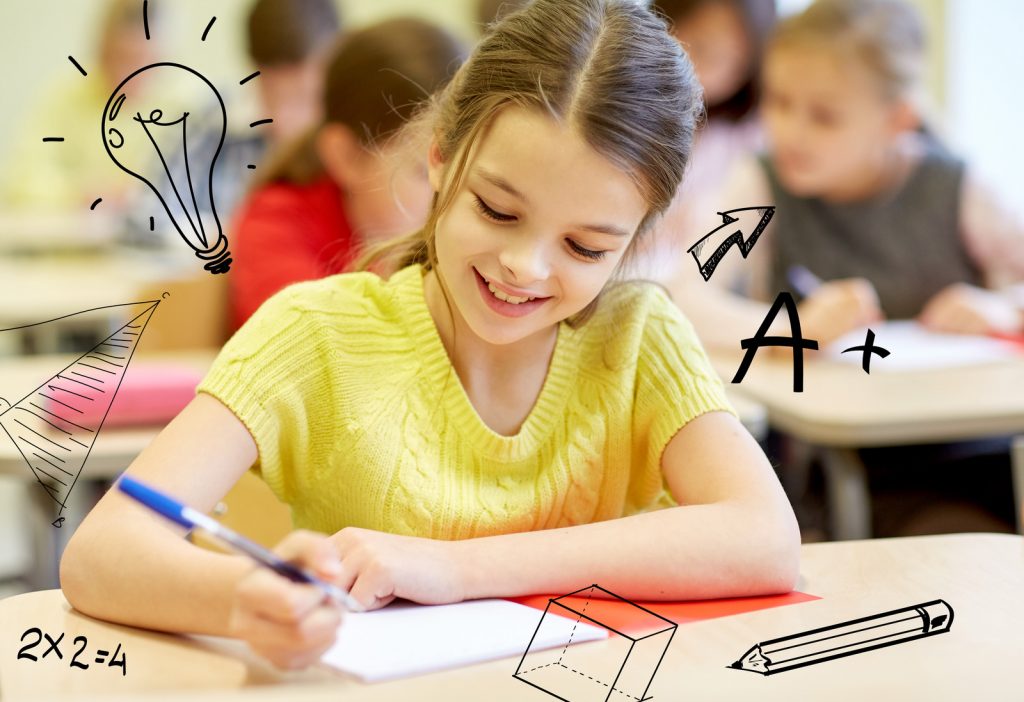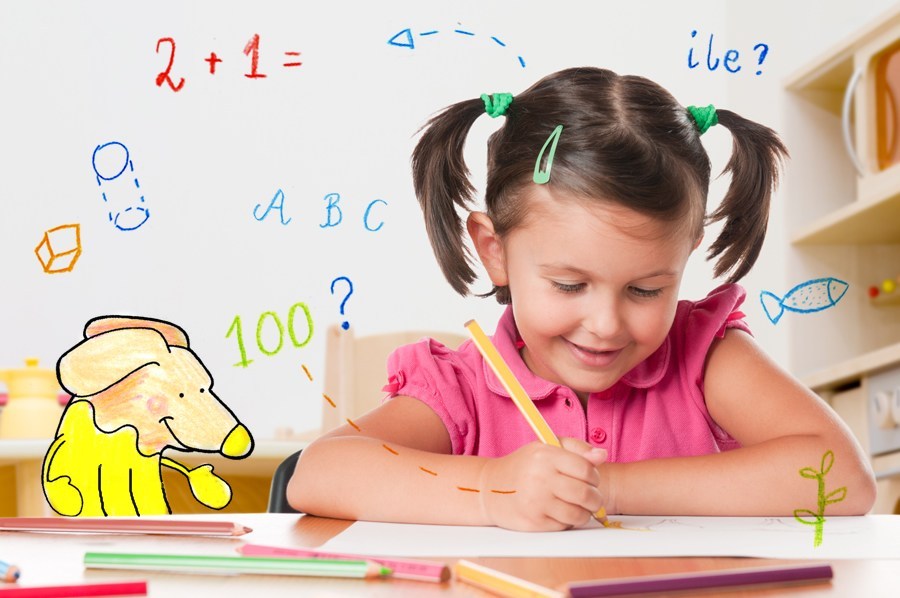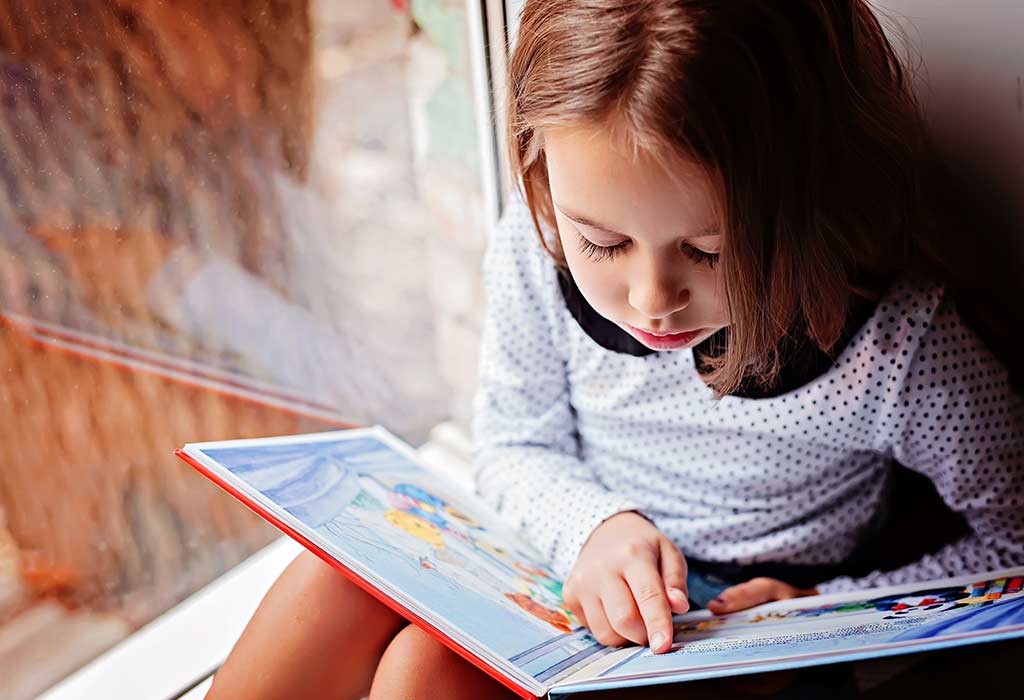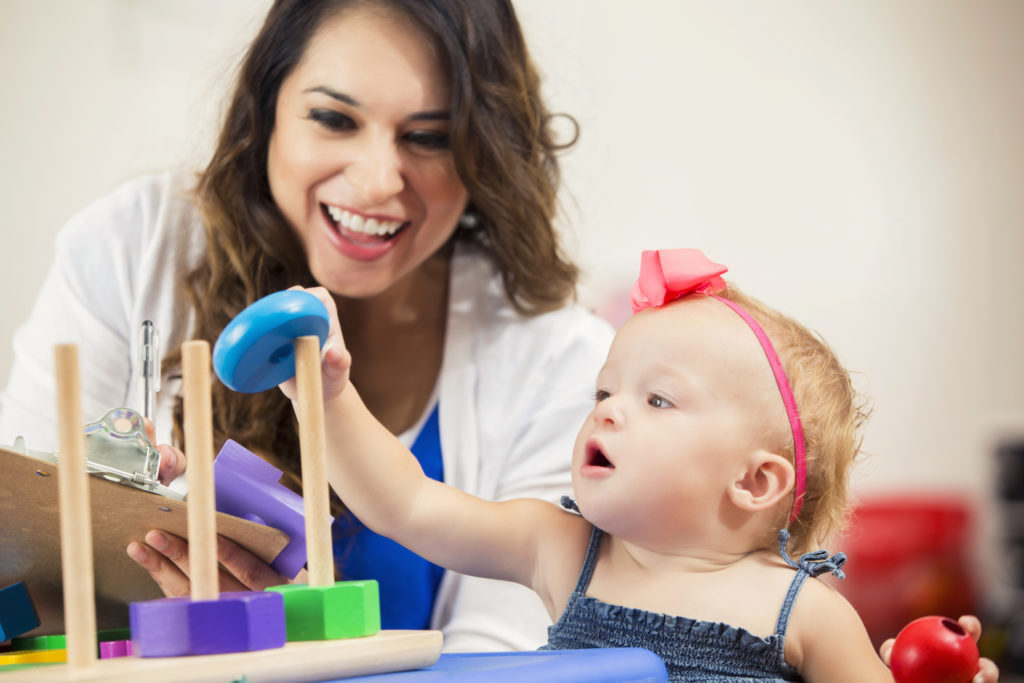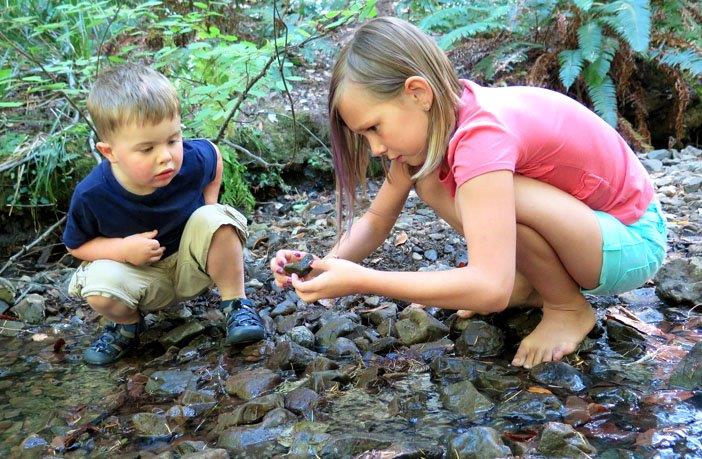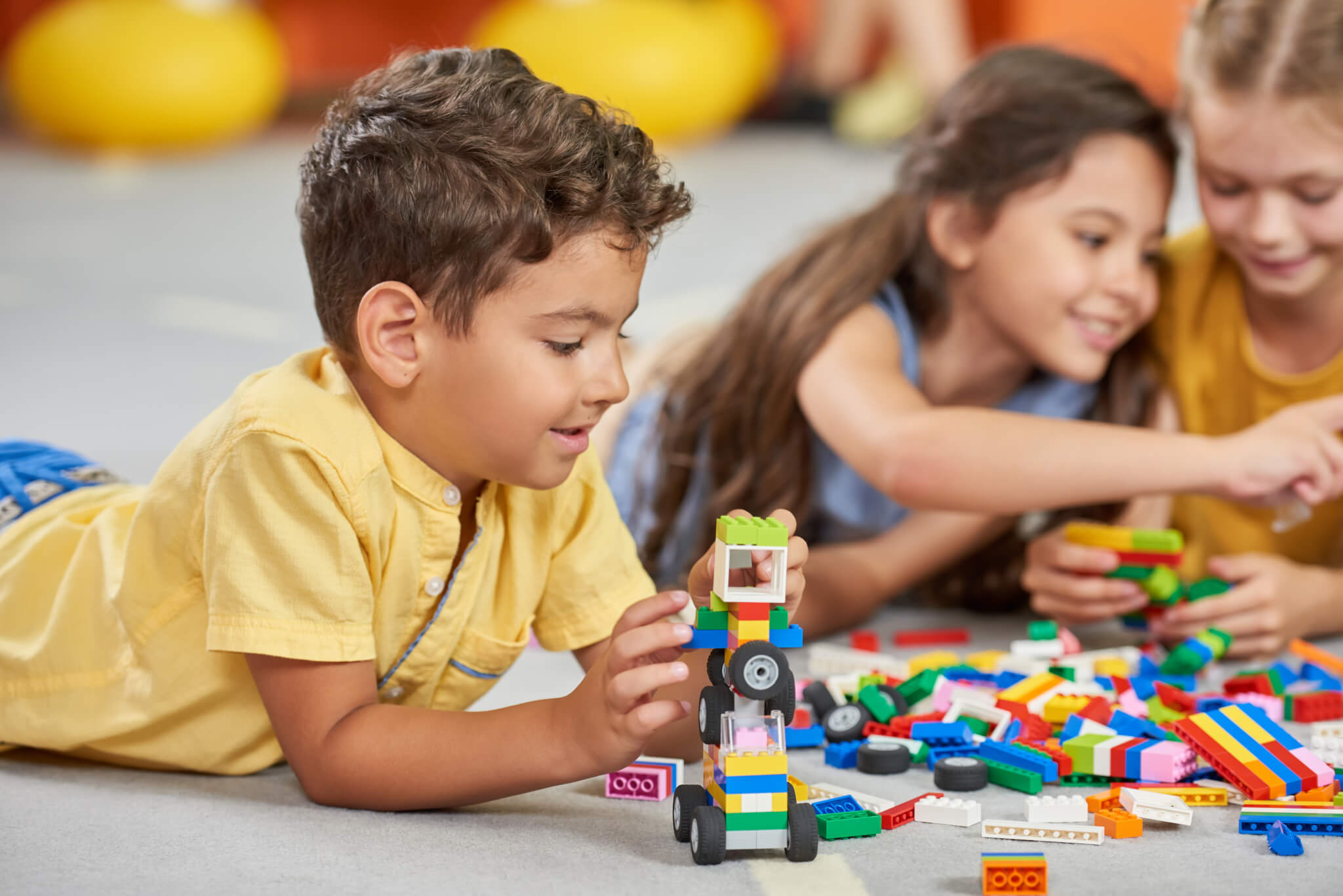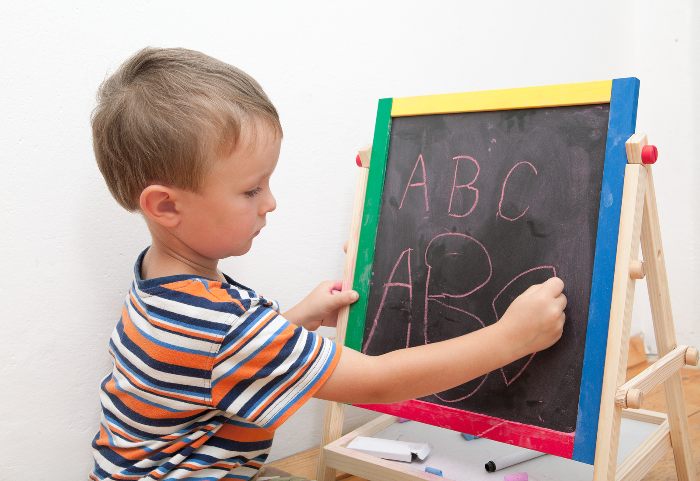“You cannot make children learn. You can only provide the right conditions for learning to happen.” ~ Vince Gowmon Academic potential refers to a student’s inherent abilities, skills, and capacity for learning and excelling in an academic setting. It represents the maximum level of academi
In early childhood, the link between sports and math may not be as apparent as in professional sports, but it still exists and plays a significant role in a child’s development. Introducing math concepts through Sports can be beneficial for math learning in early childhood. Engaging in sports
Concentration skills are crucial for a child’s academic success and overall development. Improved focus and attention enable children to absorb information effectively, complete tasks efficiently, and achieve better outcomes in various aspects of life. However, with the increasing distractions
Self-learning in children refers to the process of acquiring knowledge, skills, and understanding independently, without direct instruction or guidance from teachers, parents, or caregivers. It is a form of autonomous learning where children take charge of their own education and actively engage in
Brain development in children is a critical phase that lays the foundation for future learning, cognitive abilities, and overall well-being. During the early years of life, a child’s brain is highly plastic, making it an opportune time to stimulate and enhance their cognitive capacities. Engag
July 14,2023
Reading Comprehension Disorder in Young Children: Understanding, Challenges, and Interventions- By Arvinder kaur
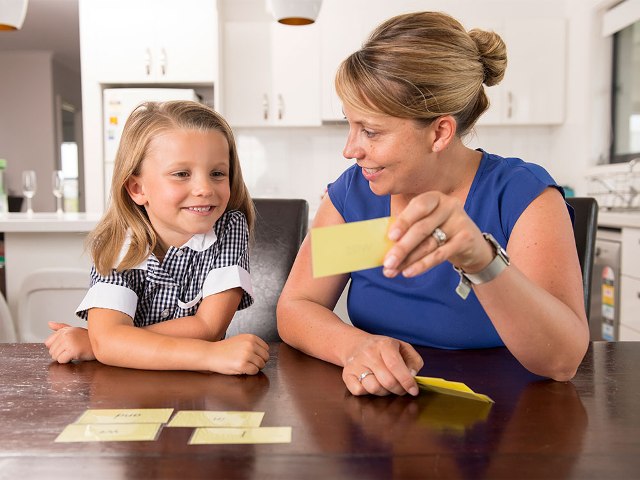
Reading comprehension is a vital skill that enables individuals to understand and extract meaning from written text. However, some young children experience difficulties in comprehending what they read, known as Reading Comprehension Disorder (RCD). This disorder can significantly impact a childR
Richard Louv mentioned in his book “Last Child in the Woods”, a few years ago that children had “nature deficit disorder” because they spent so little time in nature. They endured severe repercussions, including increased stress and anxiety, increased obesity and ADHD rates,
Toys are the pathway to play if we consider playing the route to healthy growth, and toys are designed to encourage and extend playtime. Variety in play and a wide range of toys and games are required for children to discover what they are excellent at, what they like, and who they are. Choosing the
Before reading this article, write down your response to the following question: “Which is your favourite colour?” This may have appeared to be a mindless and routine activity, but your mind and body had to work together to execute several steps in the correct order. Picking up a pen or p
Most of us understand the importance of praising our children, yet many of us are unsure of how to praise them properly. Let’s figure out the greatest method to compliment our kids. This is true not only for children, but also for adults. Before we begin, it’s important to define praise.

